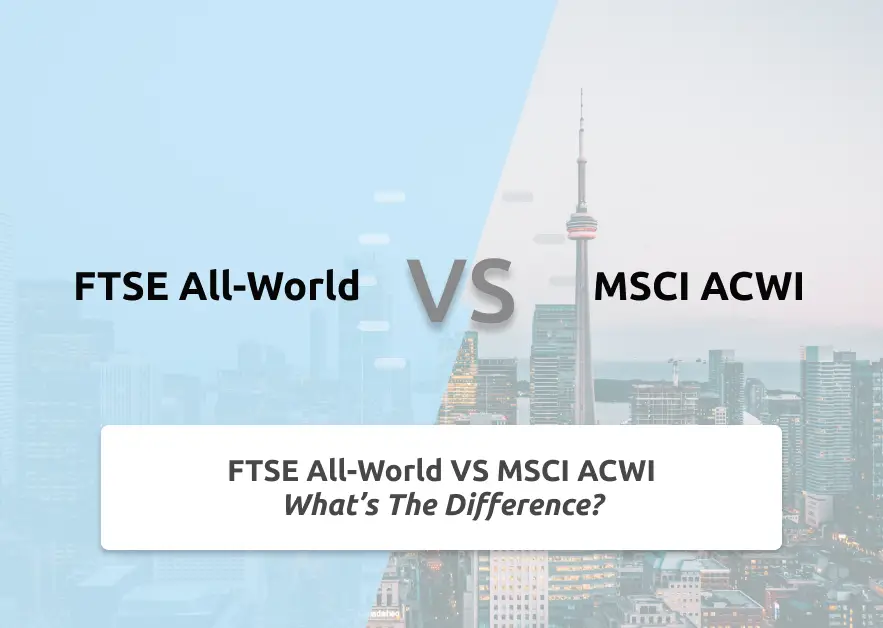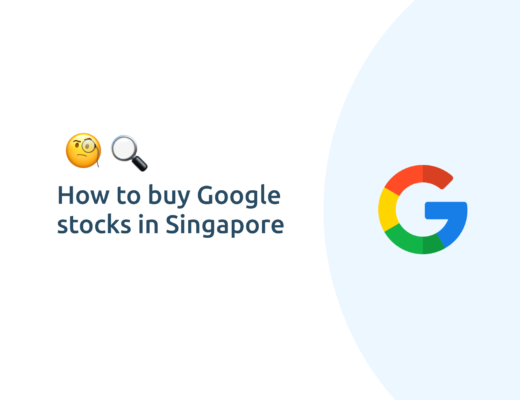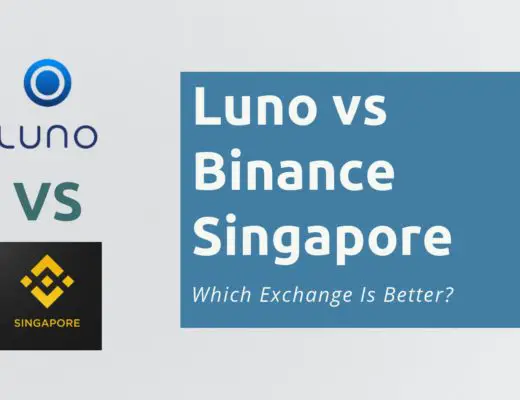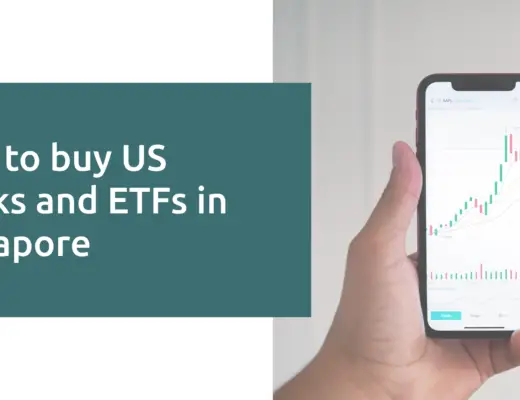The world of investing is often simplified into a couple of indexes like the S&P 500 and FTSE 100. However, other indices are much better representations of the global investment landscape.
2 of the more popular global indices are the MSCI All-Country World Index (ACWI) and FTSE Global All-World Index.
Here’s what you need to know about these 2 indices:
Contents
The Difference Between FTSE All-World vs MSCI ACWI
If you’re new to investing, it can be confusing to see so many different indices being used. For example, the Dow Jones Industrial Average is one of the most well-known indices used as a benchmark for U.S. stocks. However, many other indices track different baskets of securities.
The FTSE All-World and MSCI ACWI (All Country World Index) are two such indices. Both are used by mutual funds and ETFs to track the performance of global markets, but there are differences between them in terms of how they cover different markets and the components they include.
The FTSE All-World comprises large and mid-sized companies and measures the performance of about 3,900 stocks from nearly 50 different countries, including both developed and emerging markets.
The MSCI ACWI Index, on the other hand, is a mid-to large-cap index that measures the performance of 23 developed and 24 emerging markets. As of June 2021, it covers more than 2,900 constituents across 11 sectors.
The FTSE All-World and MSCI ACWI indices include stocks from developed markets like the United States and Canada and emerging markets like China and India.
The critical difference between the two indices is that the FTSE All-World excludes some smaller countries (such as Greece and Luxembourg) included in the MSCI ACWI.
The FTSE All-World index is owned by FTSE Group and was introduced in 1986 to measure international stock market performance.
Similarly, the MSCI ACWI Index was launched on May 31, 1990.
Both indices are based on a market capitalization weighting methodology. This means that their portfolio weights closely match those of the overall global market.
This type of methodology tends to favour large companies over smaller ones, which makes sense as large companies make up most of the worldwide stock market.
Country Diversification
Diversification is an essential element of investing. It can be done by including different companies in a portfolio or spreading capital across several markets.
One way to potentially protect against volatility in any market is to build a global portfolio that includes both developed and emerging markets.
That’s precisely what these two indices aim to achieve. While these two indices are similar in size, they differ slightly in their weightings to various countries and regions.
The MSCI ACWI Index offers a more balanced weightage between developed and emerging markets relative to the FTSE All-World Index, which is more concentrated in developed markets such as the United States, Japan, and United Kingdom.
Top Sectors
Here are the top sectors that are found in each index:
| FTSE All-World | MSCI ACWI |
|---|---|
| Technology 24.5% | Technology 22.3% |
| Consumer Discretionary 15.2% | Financials 14.8% |
| Financials 13.8% | Consumer Discretionary 11.7% |
| Industrials 12.9% | Health Care 11.6% |
| Health Care 11.3% | Industrials 9.6% |
| Consumer Staples 6.0% | Communication Services 8.3% |
Technology is the top sector in both the FTSE All-World Index and MSCI ACWI, accounting for nearly a quarter of the indices market capitalization. The financial and consumer discretionary sectors round up the top three sectors in both indices.
The top sectors (based on total market cap) of the FTSE All-World Index are shown in the chart above. The largest sector is technology at 24.5%, followed by consumer discretionary at 15.2%, and financials in third at 13.8%.
The top sectors (based on total market cap) of the MSCI ACWI are shown in the chart above. The largest sector is technology at 22.3%, followed by financials at 14.8%, and consumer discretionary in third at 11.7%.
We’re still seeing strong demand for products and services powered by technology such as semiconductors, cloud computing, and software – a big reason why tech companies top the charts in most index funds.
Financials is a top three sector, as many banks and insurers saw stock prices rise the last few years. Banks benefit from rising bond yields and positive news on trade talks between countries.
Individual Country Weights By Index
| Countries | FTSE All-World | MSCI ACWI |
|---|---|---|
| United States | 59.3% | 60.6% |
| Japan | 6.4% | 5.6% |
| United Kingdom | 4.2% | 3.8% |
| China | 3.6% | 3.7% |
| Canada | 2.7% | 3.1% |
One of the most notable similarities between the two indices is the weightings of their constituent countries.
Both the FTSE All-World and MSCI ACWI indices include stocks from developed markets like the United States and Canada and emerging markets like China and India.
The critical difference between the two indices is that the FTSE All-World excludes some smaller countries (such as Greece and Luxembourg) included in the MSCI ACWI.
The result is that FTSE will tend to be more heavily weighted toward developed markets than MSCI because it’s not exposed to some of the smaller and less liquid emerging market bond markets.
If you’re looking to reduce your exposure to developed markets, investing in the MSCI ACWI may be good. However, if you’re looking for more developed market exposure, an investment in FTSE All-World may be more suitable for you.
Performance
5-year performance of the FTSE All-World Index
Overall, when you look at the performance of the FTSE All-World and the MSCI ACWI over the past five years, it is not hard to see where the opportunity lies for investors.
Both indices have shown a significant growth curve in the last couple of years. However, the FTSE All-World has shown significantly more growth than the MSCI All-Country World Index.
These two indices are very similar. Both of them include stocks from developed markets like the United States and Canada and emerging markets like China and India. As a result, these indices tend to follow similar trends over time.
Verdict
| Sector | FTSE All-World | MSCI ACWI |
|---|---|---|
| Number of holdings | 3,900 | 2,900 |
| Number of countries | 25 | 23 |
| Number of available ETFs | 1 | 17 |
| 5 biggest countries | United States 59.3% Japan 6.4% United Kingdom 4.2% China 3.6% Canada 2.7% | United States 60.6% Japan 5.6% United Kingdom 3.8% China 3.7% Canada 3.1% |
| 5 biggest sectors | Technology 24.5% Consumer Discretionary 15.2% Financials 13.8% Industrials 12.9% Health Care 11.3% Consumer Staples 6.0% | Technology 22.3% Financials 14.8% Consumer Discretionary 11.7% Health Care 11.6% Industrials 9.6% Communication Services 8.3% |
| 5 biggest companies | Microsoft (2.4%) Apple (2.2%) Amazon (1.9%) Facebook (1.1%) Johnson & Johnson (0.9%) | Microsoft (2.4%) Apple (2.3%) Amazon (1.9%) Facebook (1.1%) Johnson & Johnson (0.9%) |
Conclusion
The world’s largest companies are becoming increasingly global. If you own an index fund or ETF that tracks the U.S. stock market, then a large part of your money won’t be invested in companies that make their money outside of the United States.
If you’re interested in broad exposure to the world’s stock markets, you might be attracted to index funds that track the global markets. The FTSE All-World and MSCI All Country track the top companies from developed and emerging countries.

Do you like the content on this blog?
To receive the latest updates, you can follow us on our Telegram channels (Personal Finance or Crypto) and Facebook.
Are you passionate about personal finance and want to earn some flexible income?





